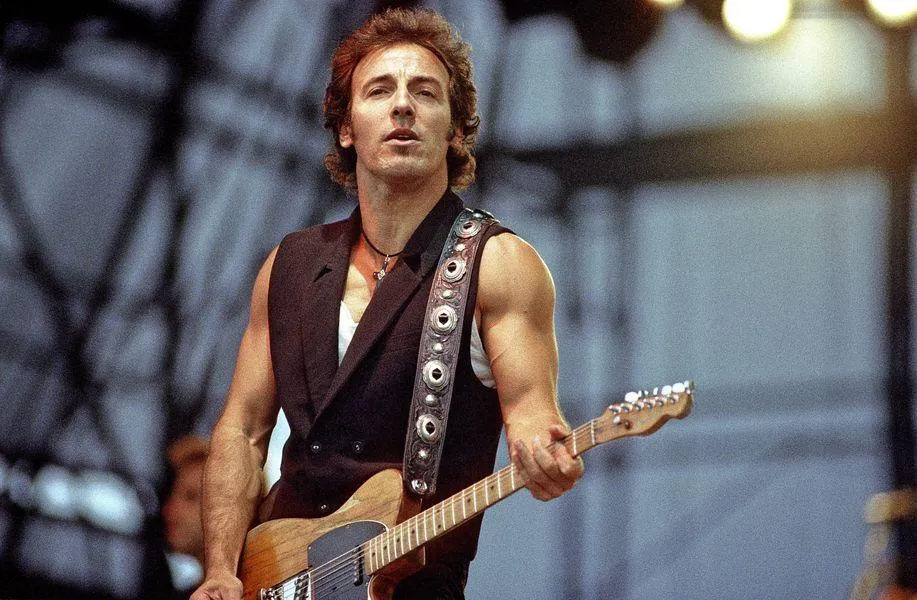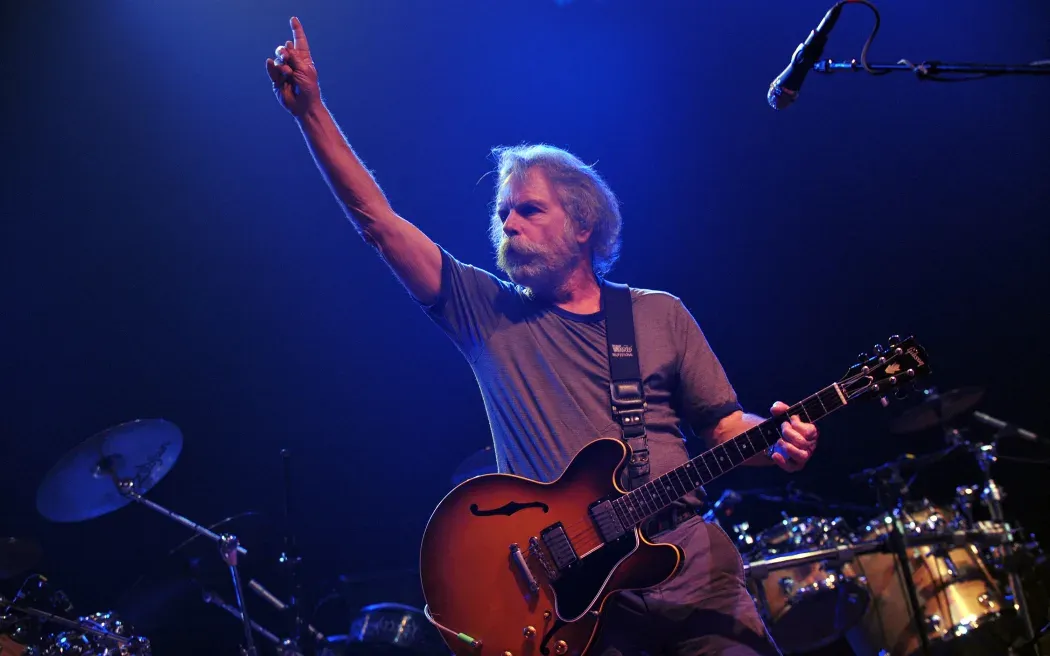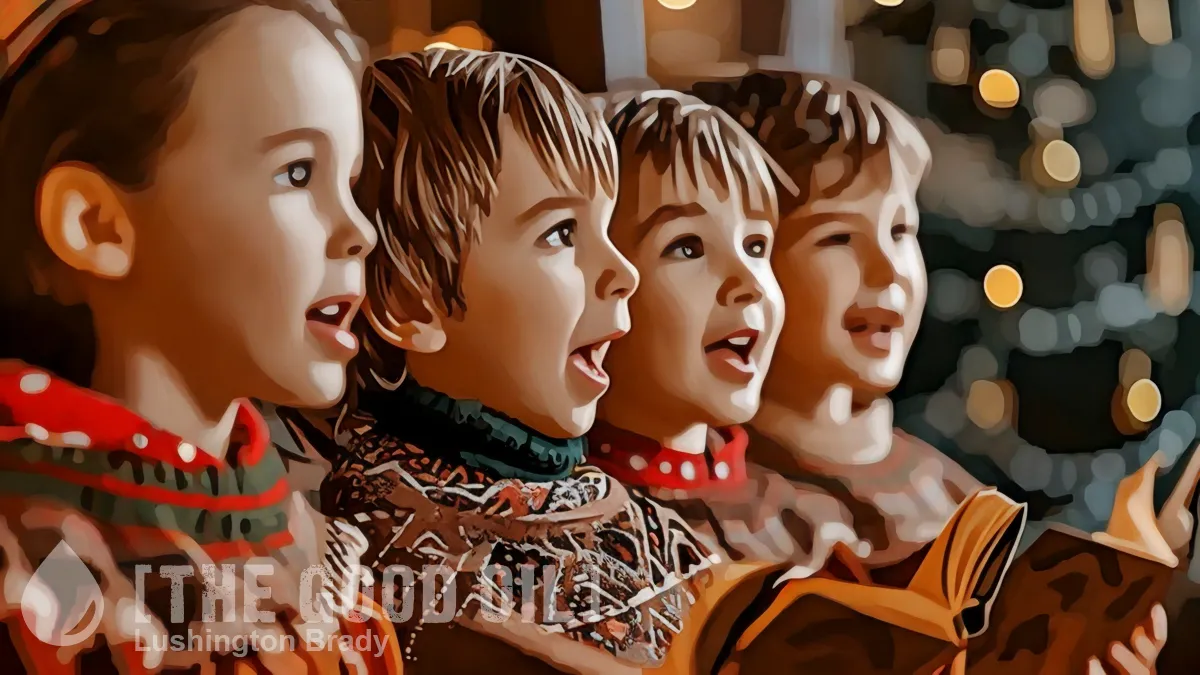Table of Contents
Bruce Springsteen, born into a working-class family, wrote lyrics that resonated powerfully with two types of people – those living hand to mouth feeding their families on struggle street and the politicians intent on getting their votes.
A powerful social conscience is evident throughout Springsteen’s music career but his early years are devoid of political partisanship.
People working long hours on minimum pay will have strong opinions on the social issues holding them back but they don’t have the luxury of time to analyse political remedies. Their political opinions are shaped by their own experience, political ignorance and any political allegiance stamped on them.
In 2021 Springsteen recollected as a child asking his mother if the family was Democrat or Republican and his mother replied “We’re Democrats, ‘cause Democrats are for the working people’.”
No matter how pertinent and popular Springsteen’s lyrics and music, according to Marc Dolan author of Bruce Springsteen and the Promise of Rock ‘n’ Roll his music “was never about activism.”
Unfortunately, the same cannot be said of the politicians who took advantage of Springsteen’s strong connection with a huge voting audience.
“Aside from a small fundraiser for George McGovern at a New Jersey drive-in in 1972, months before he even released his first album, Springsteen had never declared his support for a political candidate. In fact, he revealed in an interview published in December 1984 that he might only have voted once, perhaps in that election 12 years earlier.”
A social conscience is not essential in politics, but the appearance of one is non-negotiable, thus, if a politician doesn’t possess one the next best thing is to borrow someone else’s.
Springsteen’s social conscience paved the way for his success and eventually lured him into political endorsements.
“But it wasn’t until the 1990s that Springsteen really became a political singer. As he pursued a more sporadic solo career, he educated himself, became a more politically aware human being, opposing anti-immigrant initiatives in California, where he was living at the time. Starting with John Kerry in 2004, Springsteen eventually began endorsing candidates, most notably articulating Barack Obama’s vision during the 2008 election—for precisely those “swing” segments of the U.S. electorate that might be most disinclined to vote for him.”
Politico
David Masciotra, author of the 2010 book “Working on a Dream: The Progressive Political Vision of Bruce Springsteen” said, “There was always a political consistency in Springsteen’s songs,” and, “Springsteen wrote about politics without ever mentioning politics.”
Springsteen’s longest and most popular world tour, Born in the USA, began in June 1984, finishing in October 1985, strongly demonstrating his personal commitment to social justice.
“On the Born in the U.S.A. tour, he raised money for and contributed to local charities, mostly food banks. He felt, he later said, that he could build more credibility by remaining nonpartisan while saving his vision of progressivism for his music. Springsteen denounced Reagan’s embrace of his music, but when asked if he preferred Democratic candidate Walter Mondale, he shrugged: “I don’t feel a real connection to electoral politics right now,” he told an interviewer.”
LA Times
Dolan writes about the Republican party’s awakening to Springsteen’s political value.
“In 1984, President Reagan was running for his second term. Early on, his team had decided that the president’s core supporters would vote for him no matter what. The reelection campaign would therefore be more about wooing moderate and independent voters than about shoring up the committed Republican base. It would be about images rather than issues and would attempt to co-opt as much of mainstream U.S. culture as it could. If rock ‘n’ roll had been anathema to an earlier Republicans like former vice president Spiro Agnew—or even to then-current, musically clueless Secretary of the Interior James Watt—it was perfectly fine with most of the Reagan re-election team, particularly if the music in question could be viewed as inspirational. “If we allow any Democrat to claim optimism or idealism as his issue,” one adviser noted very early in the campaign’s planning, “we will lose the election.”
In late August, just after the Republican National Convention, conservative columnist—and unofficial Reagan campaign adviser—George Will attended a Springsteen concert in Largo, Maryland, and was highly impressed. “If all Americans,” Will would later write in his column about his backstage experience, “in labor and management, who make steel or cars or shoes or textiles—made their products with as much energy and confidence as Springsteen and his merry band make music, there would be no need for Congress to be thinking about protectionism.”
Politico
Springsteen eventually made his debut in politics in 2004 to support Democrat candidate John Kerry running against incumbent President George W Bush.
At the time this was the biggest US concert tour to date during a presidential race with over twenty artists performing in thirty-four shows in nine battleground states “hoping to not only raise money but attract publicity and sway voters”.
The tour failed, Bush prevailed, but Springsteen went on to perform at Barack Obama’s successful campaign appearances in 2008 and his inauguration on 20 January 2009.
Springsteen had a strong social conscience but scanty political nous. His introduction to a live performance of Born to Run was the spurious claim to “Remember in the end, nobody wins unless everybody wins.”
Last week, Springsteen’s Born to Run track, originally penned over fifty years ago in 1973 still holds up today, unlike the trio of washed-up politicians the song accompanied on stage in the lead-up to the 2024 presidential election: Joe Biden, Barak Obama and Bill Clinton.
What personal experience can the Three Stooges offer to resonate with Springsteen’s inspirational lyrics for the working-class man?
In the day we sweat it out on the streets
Of a runaway American dream
At night we ride through the mansions of glory
In suicide machines
Sprung from cages on Highway 9
Chrome wheeled, fuel injected, and steppin’ out over the line
Oh, baby this town rips the bones from your back
It’s a death trap, it’s a suicide rap
We gotta get out while we’re young
‘Cause tramps like us, baby, we were born to run
Yes, girl, we were
Wendy, let me in, I wanna be your friend
I wanna guard your dreams and visions
Just wrap your legs ’round these velvet rims
And strap your hands ‘cross my engines
Together we could break this trap
We’ll run ’til we drop, baby, we’ll never go back
Oh, will you walk with me out on the wire?
‘Cause, baby, I’m just a scared and lonely rider
But I gotta know how it feels
I want to know if love is wild
Babe, I want to know if love is real
Oh, can you show me
Beyond the Palace, hemi-powered drones
Scream down the boulevard
Girls comb their hair in rearview mirrors
And the boys try to look so hard
The amusement park rises bold and stark
Kids are huddled on the beach in the mist
I wanna die with you, Wendy, on the street tonight
In an everlasting kiss
(One, two, three, four)
The highway’s jammed with broken heroes
On a last chance power drive
Everybody’s out on the run tonight
But there’s no place left to hide
Together, Wendy, we can live with the sadness
I’ll love you with all the madness in my soul
Oh, someday, girl, I don’t know when
We’re gonna get to that place
Where we really wanna go and we’ll walk in the sun
But ’til then, tramps like us
Baby, we were born to run
Oh honey, tramps like us
Baby, we were born to run
Come on with me, tramps like us
Baby, we were born to run
Bruce Springsteen









